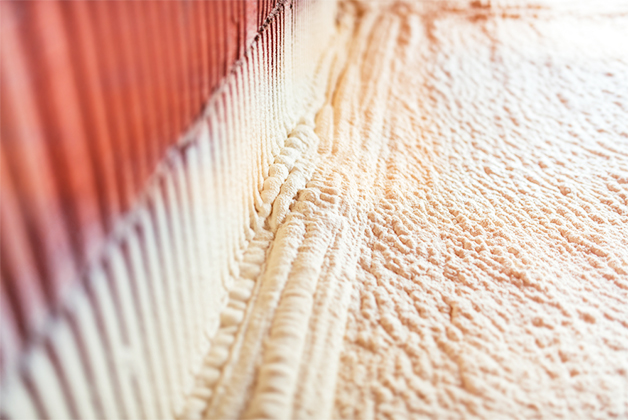WHAT YOU SHOULD KNOW MUST ABOUT SPRAY FOAM INSULATION?
Enhancing a home’s insulation can help increase savings on monthly energy bills and reduce carbon footprint. Air leaks may take place around foundations, doors, and windows, thus draining thermal performance. Non-tight and faulty building envelopes result in 50% heat loss. It is possible to avoid such issues and ensure a cozy home by installing appropriate insulation. WHAT IS SPRAY FOAM INSULATION? It is also referred to as SPF (spray polyurethane foam). It is becoming popular these days. Various ‘batt-types’ and fiberglass are conventional insulation materials used in many homes. However, some hard-to-reach areas and homes may find its installation to be a bit challenging. The U.S. military had developed it during the 1940s. They had insulated airplanes with them to increase efficiency. Later during the 1970s, it was introduced in homes. But only recently, has it become an affordable alternative option to conventional insulation materials. Most SPF type is created from polyurethane fo...
